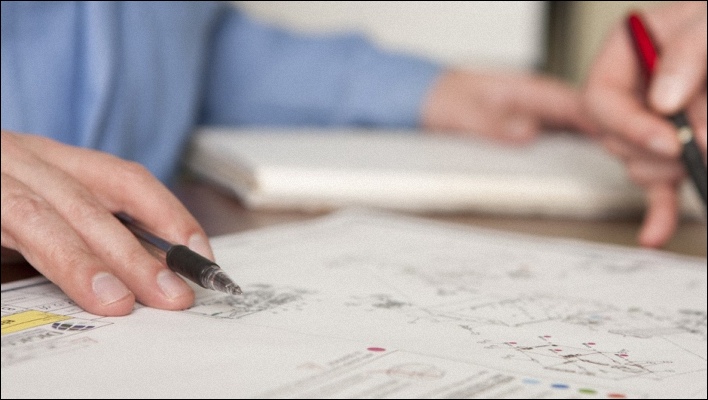
YOU MAY BE AWARE that budget overrun is a common problem for construction projects.
Value engineering is an effective process that assists in managing costs, throughout a project, to meet the budget requirements.
It analyses the requirements of a project, with the aim of satisfying your requirements, as the owner, in the most economical way — from capital outlay to life cycle cost.
The Value Engineering Process
- The owner defines the key criteria and objective of the Construction Project/Scope of Works.
- The project team identifies options that will satisfy the scope outlined by the owner.
- These options are then assessed based on quality, performance and cost.
- Elimination or modifications are then made to elements of the design, to regulate the costs on a project budget.
This is a simple process, which the project team should adopt from the initial stages and throughout the construction period.
Controlling Costs in the Design Stage
The design team can manage cost during the design development phase.
For example, to keep in line with the budget — they can eliminate the swimming pool with the owner’s consent, if you desire it less than the tennis court.
Building life cycle investigations can also assist in achieving long term savings.
For example, single glazed windows are cheaper in comparison to double glazed windows — although the initial cost saving may be outweighed by the extra ongoing heating and air-conditioning costs.
Managing Your Costs During Construction
The builder can also assist you, the owner, in controlling the budget during construction — by identifying elements where they can achieve cost savings.
For example, in the case of budget overrun near a project’s completion, to realign the budget, the builder can recommend purchasing similar, less expensive light fittings imported from China rather than Europe.
BOTTOM LINE: You can adopt value engineering for your projects to:
- Maximise the functionality of the project whilst achieving cost savings.
- Ensure that the design team have explored all alternatives and the most suitable optimal solution has been adopted for the project.
- Provide the investor/owner a level of comfort that the best value will be obtained over the life of the building.
- Assure that the full scope of works have been reviewed by the design/construction team thoroughly — to manage the budget from the start to the end of the project.













Speak Your Mind